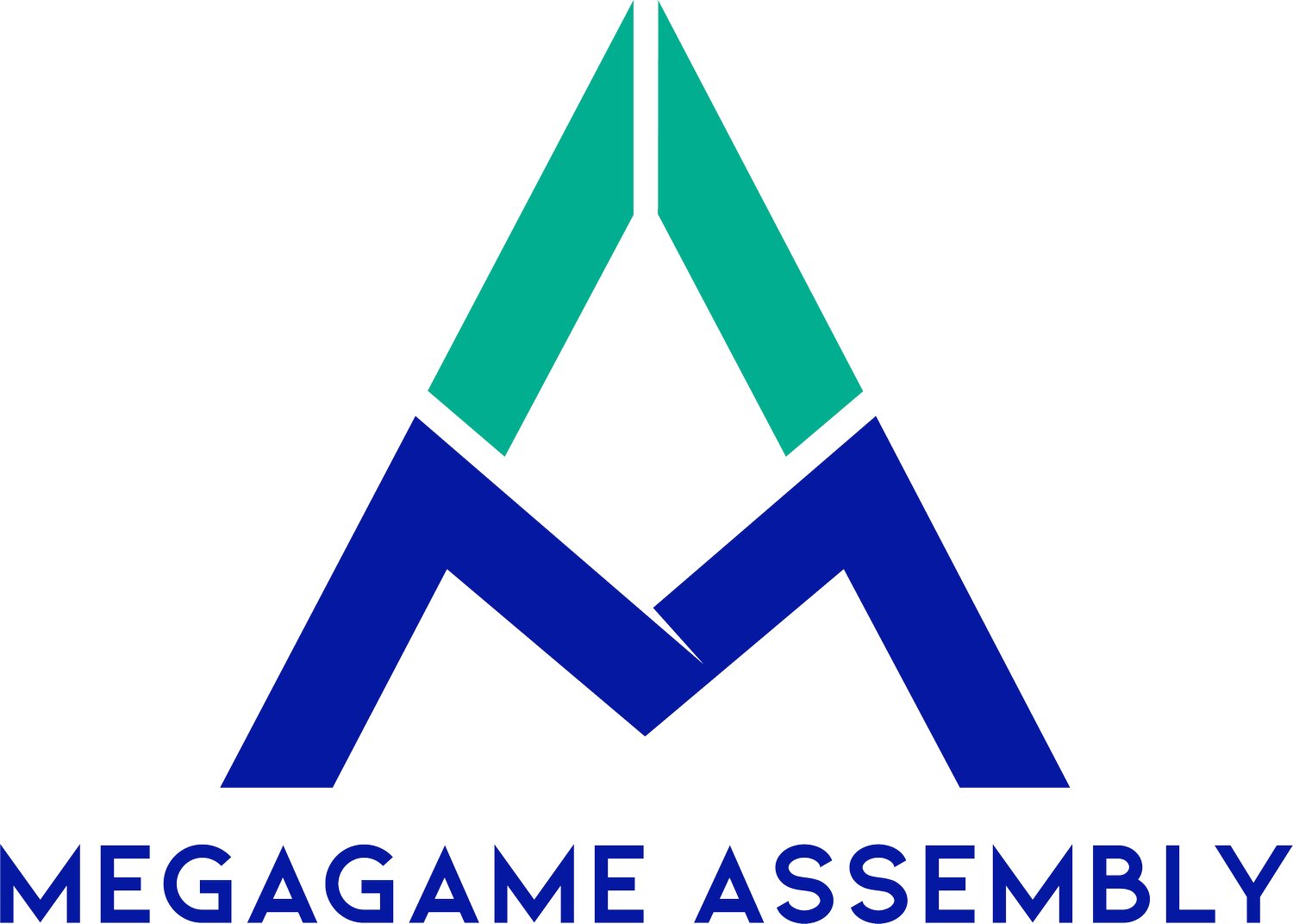How to run a megagame - part 1
Military players reviewing their options at First Contact: 2035. Credit: Very Large Huge Games
In the first part of this multi-article series, Chris Brown gives tips and tricks about how to run a megagame, even if you’ve never played one before.
You’ve seen the legendary Shut Up & Sit Down video and decided to run a megagame, whether that’s one of your own designs, adding to and changing one of the free megagames listed on our site, or you’ve purchased a licence to run one that you found on our ready-made megagames page.
You have an exciting journey ahead of you!
Running a megagame is a hard but ultimately extremely rewarding experience. After recently helping to run First Contact: 2035 - a 200 player megagame about alien arrival - I thought I now have some experience which I can use to help other first-time organisers.
A quick side-note before we get into the advice proper. If this is your first time organising a megagame, it is often recommended that you play at least one megagame, but that isn’t always possible if one isn’t running in your area. OMEGA run online megagames which are a great way of playing if you can’t play in person, or you prefer the digital experience.
The other thing to say is, if this is your first time organising a megagame, please do check out So, you want to run a megagame for advice on picking the right kind of game to run.
Go read it now, I’ll be right here when you get back.
Let’s say you’ve chosen Den of Wolves - a great choice! Now onto the guide.
Assemble the squad
I can’t stress how much better it is to organise a megagame with your friends or other people in your life that you trust. Attempting to do everything yourself could easily turn into a miserable experience that either sees you never going near megagames again, or stopping when things get too hard.
You will need people with a range of skills – probably up to a maximum of four individuals – that will work well together. It’s not always easy to find people with the right capabilities, but if you and your friends are willing to learn new tools and skills, you’ll be just fine. You don’t need to be an expert, but you will need to have the drive to get it done.
The same group of people, plus potentially others, will also be great recruits for your control (also known as facilitator) team. More about that in a later post.
Your group doesn’t have to meet in person to organise everything. Utilise Discord and other free tools to meet up virtually and you’ll be well on your way in no time.
You’re not the boss of me!
Without a deadline it’s very easy to let a project slide – life gets in the way, chores need to be completed and suddenly before you know it, that megagame you planned to run has been gathering virtual dust on your G-drive for a few years.
I’d thoroughly recommend setting a realistic deadline to work towards as that helps most people focus. If you intend to run your megagame in six months, you can plan everything around the big day, rather than let the potential of the game float off into the ether, never to be heard of again.
Another reason to plan out your schedule is you can identify how long you should market and sell the tickets for, as without the players, you will not have a game. You should leave enough time to explain and hype your game, but not so much that potential players feel the date is so far in the future that they forget about it.
Planning for D-Day
You’re going to need to organise a lot of things to get your megagame done; venue, marketing, and printing game materials to name but a few so it’s probably best to grab some easy-to-use project management software. For First Contact, we used a spreadsheet template that one of the team had developed for work, but you could just as easily use monday.com, Zoho, Teamwork or another free online tool.
You should list out all the things that will need to be organised; the sub-tasks that make up those overall items and the timelines to make everything happen.
Keep track of how you’re doing on a regular basis – ideally when you’re meeting your team online or in-person. This is also a great way to assign tasks, and when you expect they’ll be completed by. The First Contact team chose to meet at the same time each week to make it easy to remember and if we didn’t have any specific points to discuss (which was rare!) then the time could be used to do some collaborative work on briefings or other aspects of the game that needed to be completed.
In part 2 of this series, Chris covers creating a budget, picking the right date to run your game and what the perfect venue looks like.
In the meantime, why not let us know what you think on our Facebook group? Have you organised a megagame and if so, did you do things differently?


